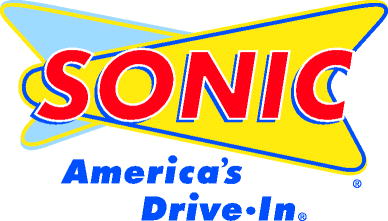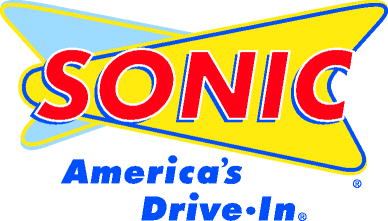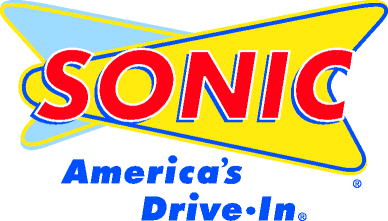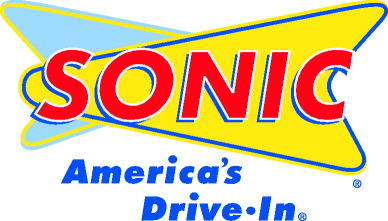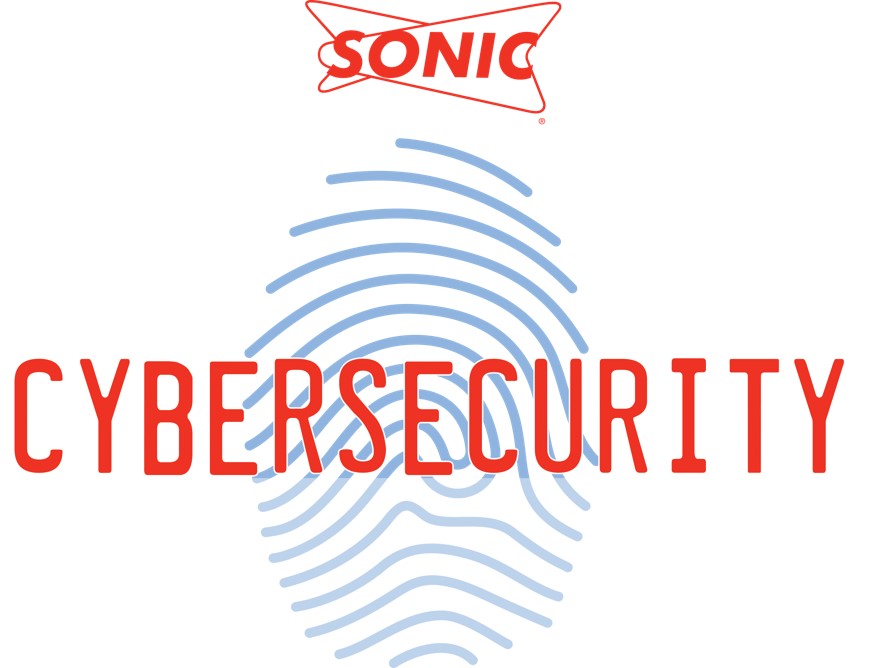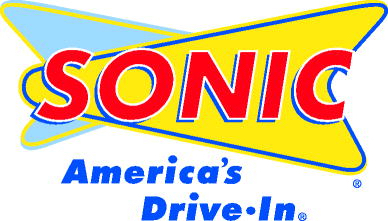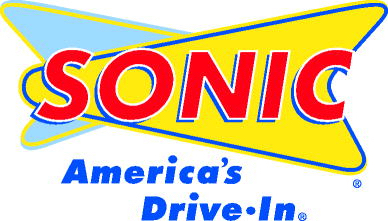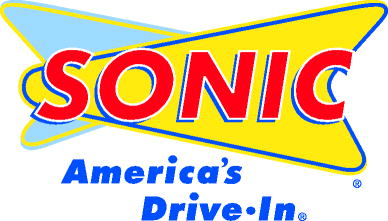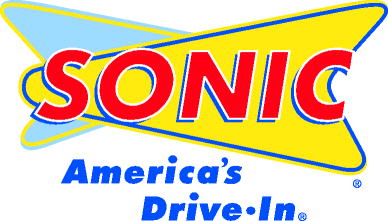Information
-
Audit Title
-
Client / Site
-
Location
-
Conducted on
-
Prepared by
-
Proactive Internal Labor Audits should be performed by a supervisor on at least one of their stores each month. Any item marked as "At Risk" should have corrective actions documented. If necessary additional documentation on management or employees should be done on a separate sheet. The Proactive Internal Labor Audit should be signed by the supervisor. If the supervisor finds repeat offenses at a store, or signs of intentional misconduct, that information should be passed immediately onto the Director of Operations. Supervisors should keep a copy of this audit, along with pertinent supporting documents used to conduct the audit in their own files in case of future need.
Fair Labor Standards Act (FLSA)
-
Payroll Record vs. POS Time Card: Employees paid for exact number of hours and amounts shown on time card. All discrepancies positive or negative should be documented.
-
Payroll Record vs. POS Time Card: Employees compensated time and half for all overtime hours earned. Covered nonexempt employees must receive overtime pay for hours worked over 40 per workweek
-
Breaks are being given and are at least 30 minutes where the employee is completely relieved of all work duties. (Review daily time sheets)
Rest and Meal Periods: -
Labor Law Posters: Verify that the Labor Law poster is posted and up to date.
-
Employment of Minors: All child labor laws are being followed and enforced.
-
Employees are paid for authorized training/travel time outside of the store.
Rest periods of short duration, usually 20
minutes or less, are common in industry
(and prom
ote the efficiency of the employee) and are cust
omarily paid for as working time. These short periods
must be counted as hours worked. Unauthorized extensions
of authorized work break
s need not be counted as
hours worked when the employer has expressly and una
mbiguously communicated to the employee that the
authorized break may only last for a sp
ecific length of time, that
any extension of the break is contrary to the
employer's rules, and any extension of the break will be
punished. Bona fide meal periods (typically 30 minutes
or more) generally need not be compensated as work time. The employee must be completely relieved from
duty for the purpose of eating regular m
eals. The employee is not relieved if
he/she is required to perform any
duties, whether active or inactive, while eating.
Accounting
-
Labor goals are being consistently reached.
-
Overtime goals are being consistently reached.
-
Tip Reporting: Minimum wage is being met by all tipped employees. Employer is not having to make up difference in minimum wage gap on payrolls.
-
Tip Reporting: Carhops are reporting appropriate tips, and these match what is being reported to payroll.
-
Paid Outs: No checks or cash paid out to salary/hourly employees for contract labor (Ex. $100 to paint the menu poles; $50 to pressure wash).
-
Payroll Processing: Payroll is completed on time and does not require additional payrolls to be run due to administrative error.
-
Employees are correctly classified in payroll website. (i.e. FT, PT, position, etc.)
Scheduling
-
Weekly schedule is turned in to supervisor by noon each Saturday with GM schedule included.
-
Approved scheduling program is being utilized.
-
Sales Projections vs Actual Net Sales: Weekly schedule projections are being completed correctly. Sales projected should not exceed actual net sales.
-
Scheduled Hours vs. Actual Hours: Total hours worked on time sheet and payroll summary matches the total daily amount scheduled.
-
Projected Labor $ vs Actual Labor $: Total labor $ spent on time sheet/payroll summary matches the total daily amount scheduled.
-
Projected Total Labor % vs Labor Chart Goal %: Schedule that is turned in is at or below the labor chart.
-
All meetings are posted on schedule each week. (Manager meetings, Crew meetings, training, etc.)
-
Opening/Closing: Employees are leaving in a timely manner and/or not clocking in too early to open.
-
GM clocks in and out when working in their scheduled shifts.
Employee Interview (Minimum of 3)
Employee Interview #1
-
Employee #1: Are you ever required to work off the clock?
-
Employee #1: Are you allowed to leave the premises during your break?
-
Employee #1: Are you allowed to clock in earlier or later than you are scheduled without approval?
Employee Interview #2
-
Employee #2: Are you ever required to work off the clock?
-
Employee #2: Are you allowed to leave the premises during your break?
-
Employee #2: Are you allowed to clock in earlier or later than you are scheduled without approval?
Employee Interview #1
-
Employee #3: Are you ever required to work off the clock?
-
Employee #3: Are you allowed to leave the premises during your break?
-
Employee #3: Are you allowed to clock in earlier or later than you are scheduled without approval?
-
Manager on Duty
-
Supervisor
